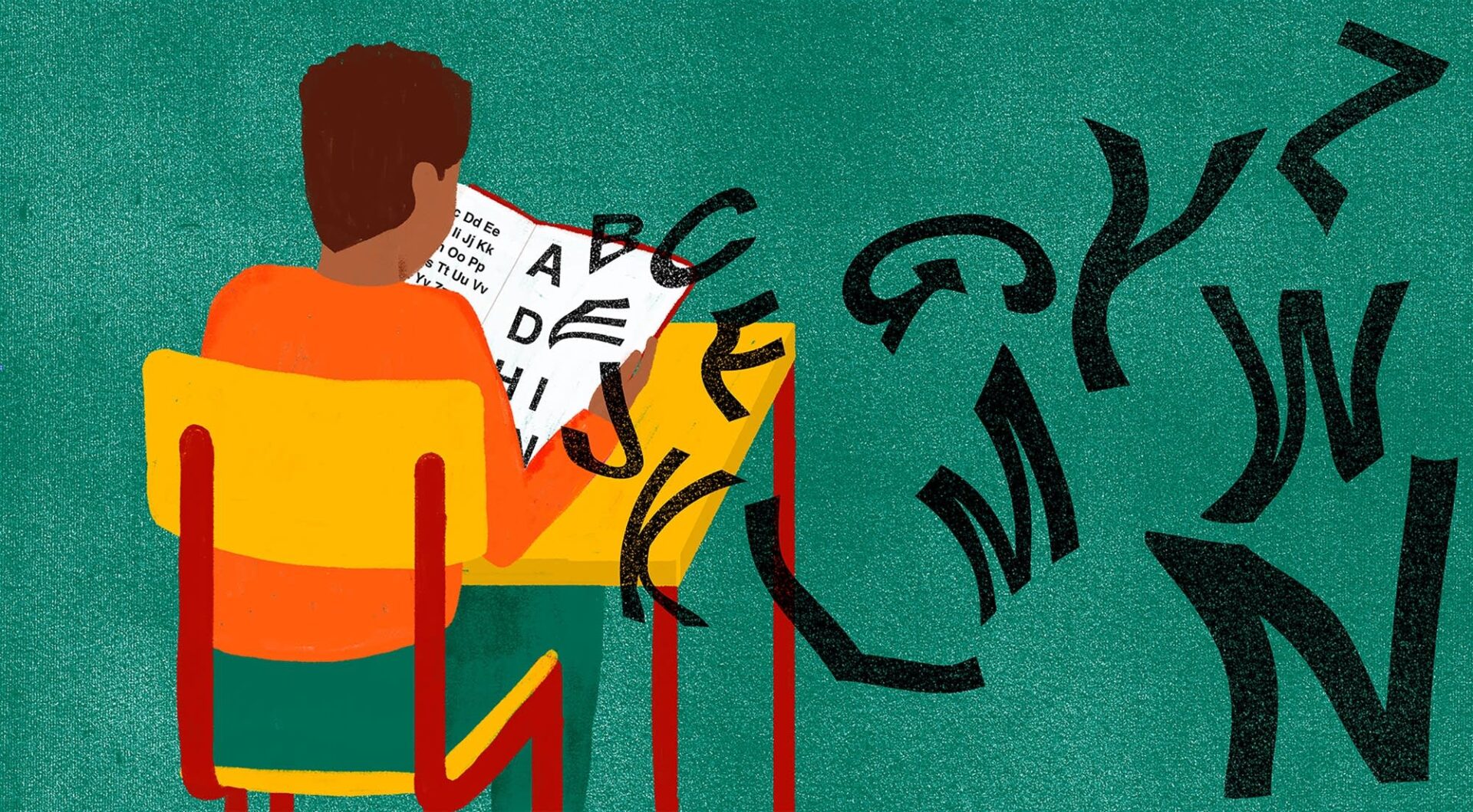Hard Words: Why aren’t kids being taught to read? – A Podcast

Hard Words: Why aren’t kids being taught to read? – A Podcast
I wanted to share one of the more impactful podcasts that I listened to recently: “Hard Words: Why aren’t kids being taught to read?”
The podcast can be found on many podcast platforms, including: Apple, Spotify and many more; simply do a search wherever you listen to podcasts and you’ll most likely find it.
Here is the link to the website, which includes the transcript, graphs, and pictures:
“Hard Words: Why aren’t kids being taught to read?”
Although the podcast does not directly address L2 language acquisition and reading, I feel that it has implications for world language education.
Here are some takeaways from the podcast, which ultimately highlights how ineffective reading instruction (in the L1) affects student literacy in the U.S.
- Many American schools use ineffective reading instruction that hinders literacy development.
- According to decades of research, phonics-based instruction is crucial for teaching reading.
- Popular cueing systems, which encourage guessing words, lack scientific backing.
- Explicit teaching of sound-letter relationships is needed, because reading is not a natural process.
- Teacher preparation programs often neglect evidence-based reading strategies.
- Resistance to phonics stems from entrenched beliefs in the educational system & insufficient training.
- Scientific approaches benefit both native and additional language learners.
- Efforts are growing to realign reading instruction with cognitive science findings.
As I stated earlier, this was an impactful podcast for me. Not only because I see the reading struggles in my own classroom, but also because I want to know what the implications are for world language education.
In short, I have questions:
- What are the overall implications for world language education, especially reading and acquisition?
- If students struggle to read in their L1, how does it (specifically) affect their L2 literacy and acquisition?
- Will reading in their L2 help with literacy in their L1?
- Important: If reading is not an innate skill and explicit teaching of sound-letter connections is necessary, does this imply that we also need to explicitly teach reading/phonics in the L2?
- What implications does this have for FVR/SSR? If students struggle to read in their L1, what are they getting out of FVR/SSR?
- How does this information change/shape future world language teacher preparation and training?
- Will there be resistance to any changes?
I had the chance to bounce some of my questions off language educators. (Our conversations have been great!) Now I would like to invite you to listen to the podcast and share your thoughts!
Please share any thoughts, feelings, experiences, and/or expertise that you have relating to this and world language education!
And if you can help answer any of my questions, it would be much appreciated!
I look forward to the conversation!